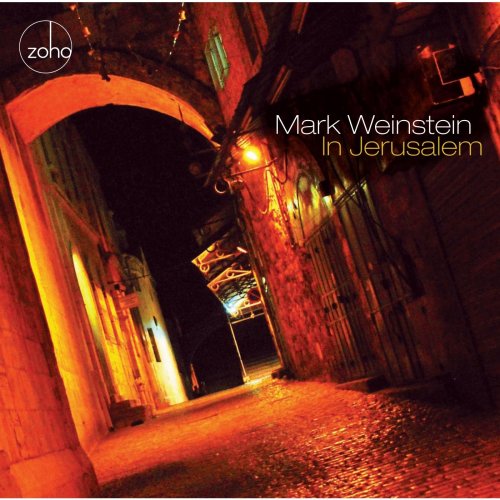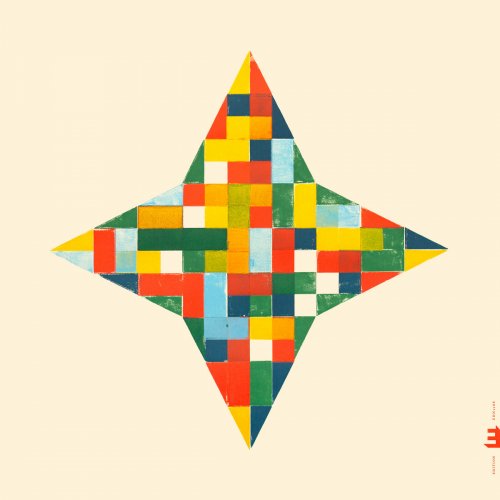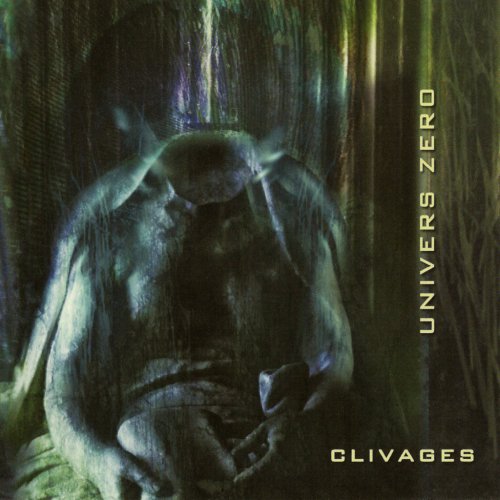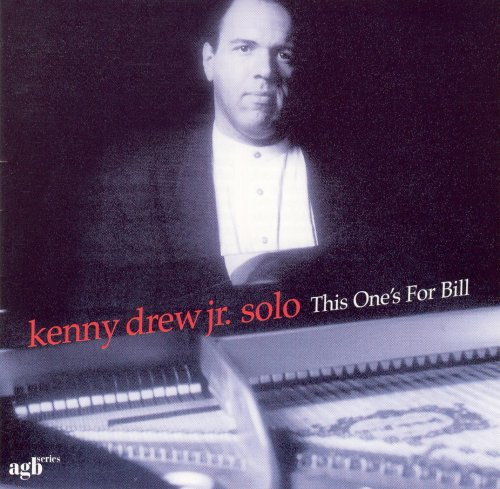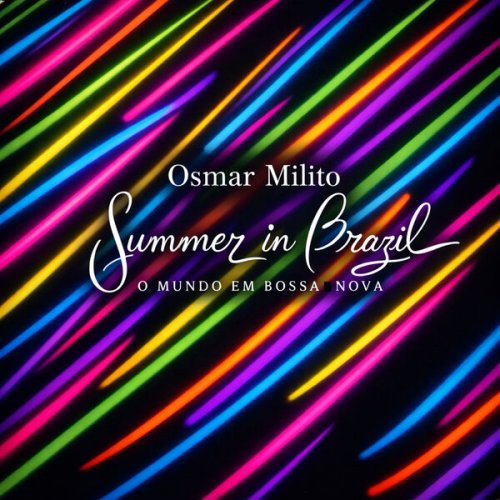Angela Maria - Incomparavel (2019) [Hi-Res]
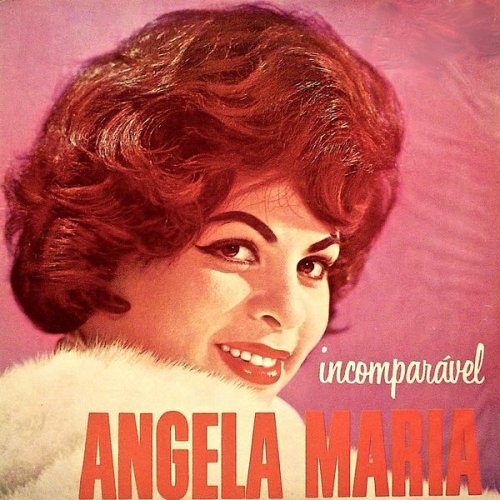
Artist: Angela Maria
Title: Incomparavel
Year Of Release: 1962 / 2019
Label: RevOla Records
Genre: Jazz, Latin
Quality: FLAC (tracks) [44.1kHz/24bit]
Total Time: 36:41
Total Size: 380 / 187 MB
WebSite: Album Preview
Tracklist:Title: Incomparavel
Year Of Release: 1962 / 2019
Label: RevOla Records
Genre: Jazz, Latin
Quality: FLAC (tracks) [44.1kHz/24bit]
Total Time: 36:41
Total Size: 380 / 187 MB
WebSite: Album Preview
01 Garota Solitária (Remastered)
02 O Grande Remédio (Remastered)
03 Preciso De Uma Companhia (Remastered)
04 Despejo Da Saudade (Remastered)
05 Serenata Do Assobiador (Remastered)
06 Ba-La-La-Ô (Remastered)
07 Meu Ex-Amor (Remastered)
08 Matemática Do Samba (Remastered)
09 Odeio-Te, Meu Amor (Remastered)
10 Cantiga De Mandar Embora (Remastered)
11 Incoerência (Remastered)
12 Não Me Perguntes (Remastered)
During the '50s, Ângela Maria was the most popular singer in Brazil, certified by IBOPE, a renowned institute dedicated to opinion research. Owner of a privileged voice and personal style of interpretation, Maria is regarded by many as the best singer of all time in that country, and successive musical movements such as bossa nova, Tropicália, and Jovem Guarda never succeeded in disturbing her career.
The daughter of a Protestant minister, she sang in church choirs from her childhood. She worked as a weaver, as her family was against her artistic wishes. Around 1947, she began to perform in radio, in novice shows like Pescando Estrelas (Rádio Clube do Brasil), Hora do Pato (Rádio Nacional), and in Ary Barroso's show on Rádio Tupi. Always using the pseudonym Ângela Maria (which occulted her performances from her strict family), she performed as an amateur in the famous Trem da Alegria (by Lamartine Babo, Iara Sales, and Héber Bôscoli) on Rádio Nacional. The listeners' good reception encouraged her to abandon her family and to try the career of singer. In 1948, she became the crooner of the Dancing Avenida, one of the most important gafieiras of Rio. Soon, she was hired by Rádio Mayrink Veiga. Her first recording came in 1951, with "Sou Feliz" (Augusto Mesquita/Ciro Monteiro) and "Quando Alguém Vai Embora" (Ciro Monteiro/Dias Cruz), for Victor. "Não Tenho Você," by then-unknown composers Paulo Marques and Ari Monteiro, recorded in the next year, was her first hit. During that time, she was a big star at Rádio Nacional and Rádio Mayrink Veiga, where she had her own show, A Princesa Canta (the Princess Sings). One of her fans, President Getúlio Vargas, affectionately called her Sapoti. In 1963, she toured Portugal and Africa, singing for Portuguese soldiers. In 1979, she participated (with João da Baiana) in the documentary Maxixe, a Dança Perdida (Alex Viany). One of her latest successes was a show shared with Cauby Peixoto, Canta Brasil, which was recorded and released by RCA/BMG as Ângela e Cauby ao Vivo. ~ Alvaro Neder
The daughter of a Protestant minister, she sang in church choirs from her childhood. She worked as a weaver, as her family was against her artistic wishes. Around 1947, she began to perform in radio, in novice shows like Pescando Estrelas (Rádio Clube do Brasil), Hora do Pato (Rádio Nacional), and in Ary Barroso's show on Rádio Tupi. Always using the pseudonym Ângela Maria (which occulted her performances from her strict family), she performed as an amateur in the famous Trem da Alegria (by Lamartine Babo, Iara Sales, and Héber Bôscoli) on Rádio Nacional. The listeners' good reception encouraged her to abandon her family and to try the career of singer. In 1948, she became the crooner of the Dancing Avenida, one of the most important gafieiras of Rio. Soon, she was hired by Rádio Mayrink Veiga. Her first recording came in 1951, with "Sou Feliz" (Augusto Mesquita/Ciro Monteiro) and "Quando Alguém Vai Embora" (Ciro Monteiro/Dias Cruz), for Victor. "Não Tenho Você," by then-unknown composers Paulo Marques and Ari Monteiro, recorded in the next year, was her first hit. During that time, she was a big star at Rádio Nacional and Rádio Mayrink Veiga, where she had her own show, A Princesa Canta (the Princess Sings). One of her fans, President Getúlio Vargas, affectionately called her Sapoti. In 1963, she toured Portugal and Africa, singing for Portuguese soldiers. In 1979, she participated (with João da Baiana) in the documentary Maxixe, a Dança Perdida (Alex Viany). One of her latest successes was a show shared with Cauby Peixoto, Canta Brasil, which was recorded and released by RCA/BMG as Ângela e Cauby ao Vivo. ~ Alvaro Neder

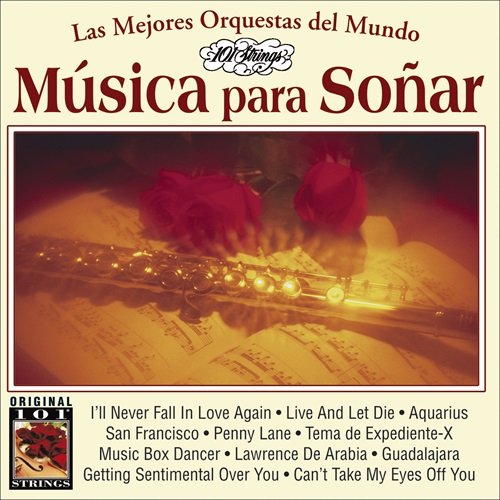
![Susi Evans - Klezmer Playbook 2 Bonus Album (2025) [Hi-Res] Susi Evans - Klezmer Playbook 2 Bonus Album (2025) [Hi-Res]](https://img.israbox.com/img/2026-02/16/xforkxm1atgcv3mt6zn6i274q.jpg)
